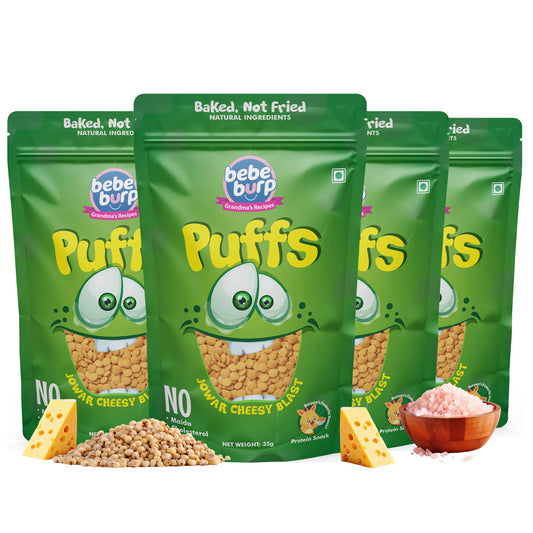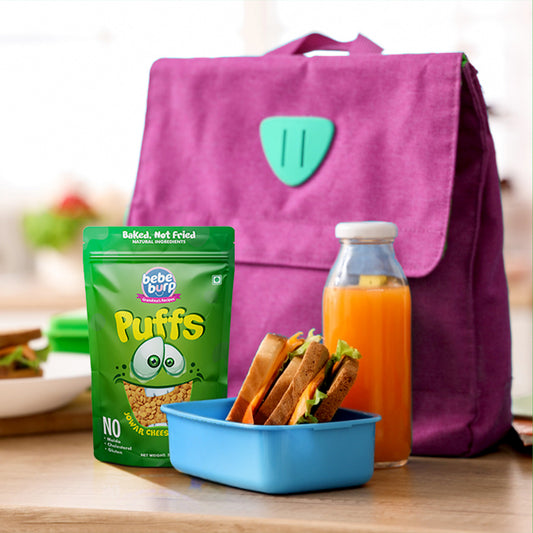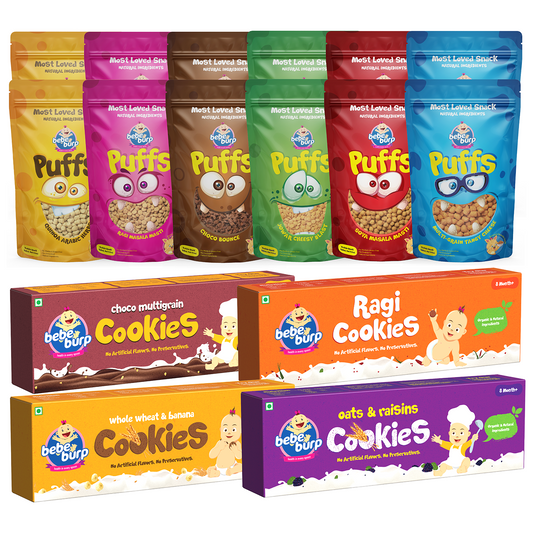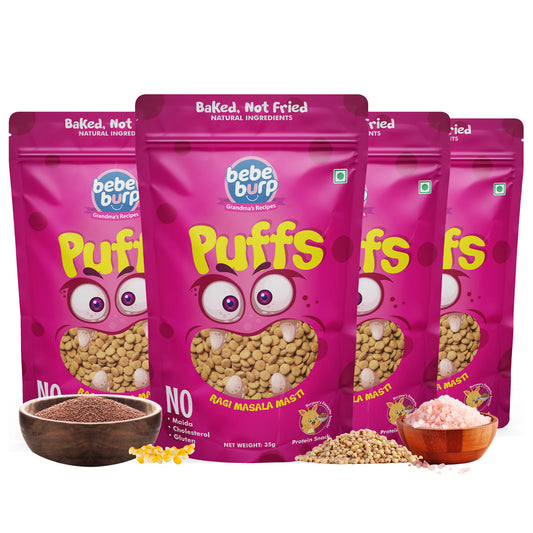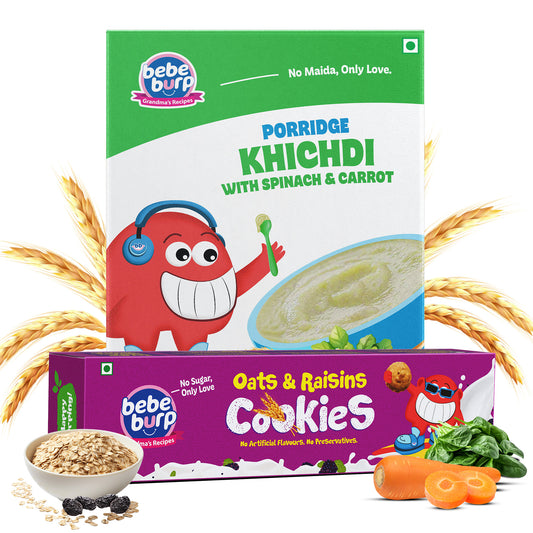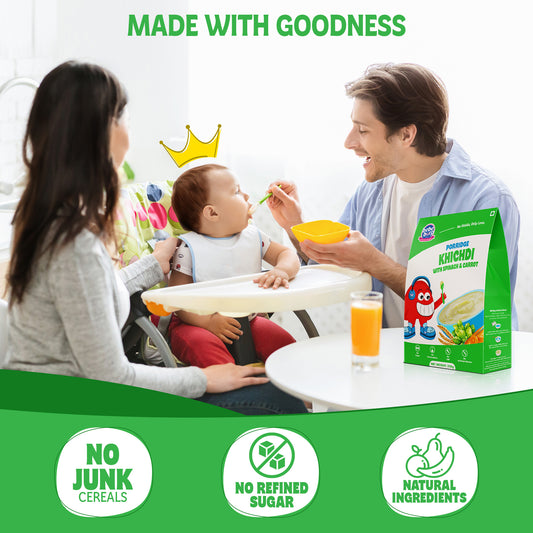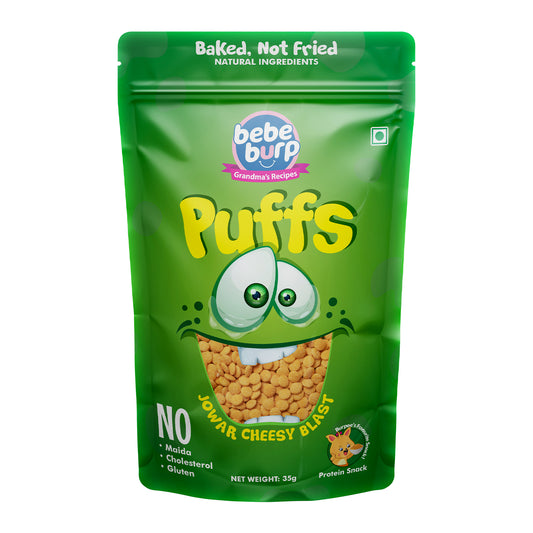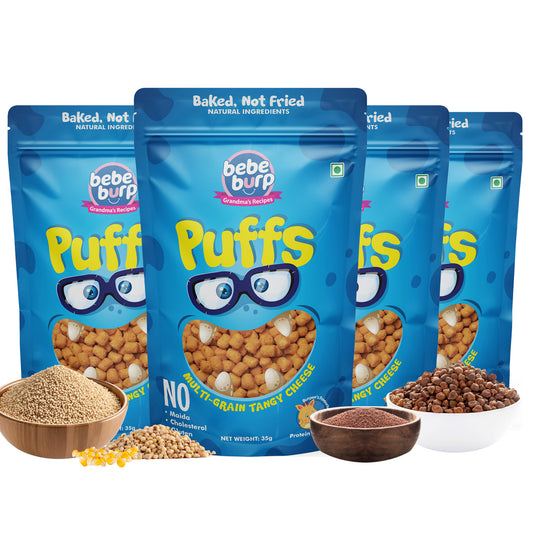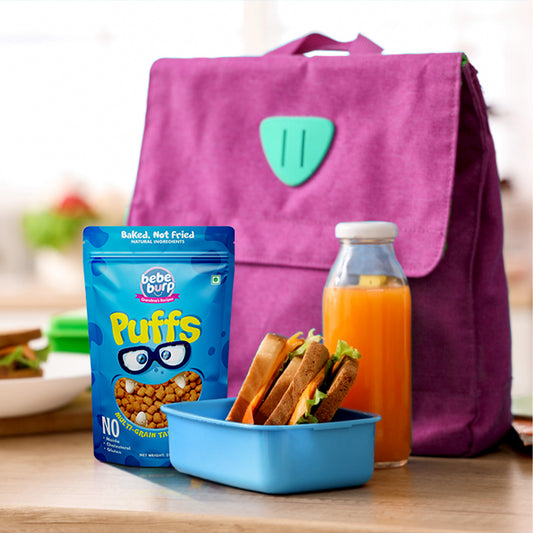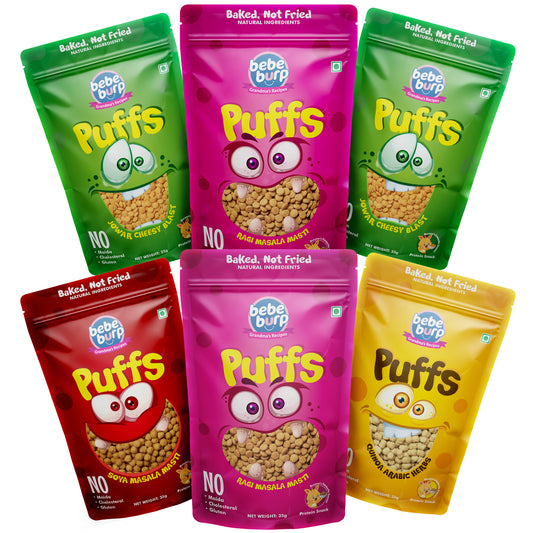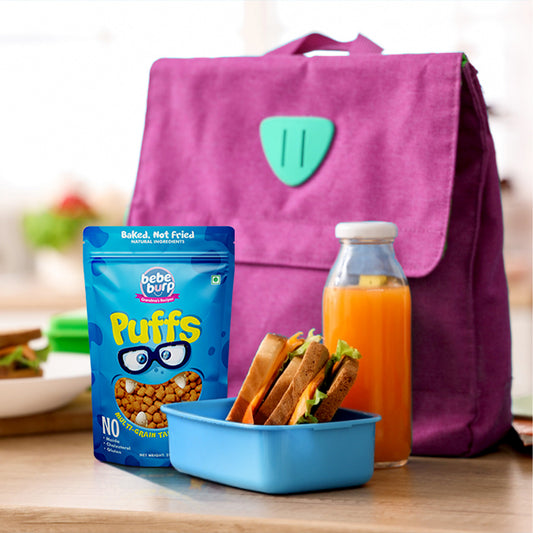As a parent, you may ask yourself some questions, namely, when can babies have beans and how it is better to serve them and which beans can be considered the safest? This guide on Beans for Babies gives you all the information you need to make safe and healthy choices.
When Can Babies Eats Beans?
Depending on the age at which the baby starts eating solid foods, introducing beans can be at age 6 to 8 months when they can swallow soft and mashed foods.
At this age, beans must be well cooked and crushed/blended to eliminate chances of choking.
Introduce little portions at a time to rule out intolerance as the beans are also laden with fiber that can lead to flatulence or stomach pain in infants.
Can Babies Eat Beans?
The babies are safe to eat beans but with balance within their diets. They are a good source of:
- Protein-growth and muscle development.
- Iron- important in the prevention of anemia.
- Fiber- aids healthy digestion
- Folate and B vitamins- critical to developing the brain.
The trick is to expose them slowly and in baby-friendly forms (mashed, pureed and soft finger type of food).
Kidney Beans Health Benefits for Babies
Kidney beans are loaded in:
- Plant-based protein - facilitates growth.
- Iron - aids in the formation of blood cells.
- Magnesium and potassium - good for your bones and heart.
- Fiber - maintains smooth flow of digestion
Note: Kidney beans must always be cooked adequately. Raw or undercooked kidney beans may contain a toxin (phytohaemagglutinin) which can produce nausea and diarrhea. Making them safe to babies is to boil them properly.
Best Types of Beans for Babies
When selecting beans, select varieties that are tender, mashes easily and are nutritious.
Kidney Beans
Of very high protein and iron content, however must be thoroughly cooked. Very nice when pureed to a mush or combined with rice or vegetables.
Black Beans
Smooth and creamy, with lots of antioxidants. Pureed and made up quickly by simply stirring and mashing into soups and stews.
Chickpeas
Protein, iron and zinc-rich. Use as smooth hummus with younger babies or as mashed chickpeas with older babies.
Lentils
A tender bean recipe because they take little to cook and they get so soft. They are good to make soups, dals, or puree.
Which Beans to Avoid for Young Babies
- Entire dry beans that have not been mashed up- can be a choking hazard
- Canned beans with salt/sugar added to them- inappropriate lunging to infants.
- Soybeans/edamame - not digestible by babies less than 1 year.
How to Cook and Serve Beans for Babies
A step-by-step guide is as follows:
- Pre-soak soaking dry beans overnight, before preparation to make them digestible and shorten cooking time.
- Cook well (boil to soft). Lentils and split beans do not have to be soaked and they cook up quick.
- Boil or mash with water, breast milk or formula for babies of 6-8 months.
- Provide in the form of finger food (soft, mashed, or cut into small pieces) to older babies (9 to 12 months).
- Combine with Other foodstuff -beans match with other foods such as rice, vegetables, soups and porridges.
Before and After: Babies Enjoying Beans
Here you can put cute pics of babies experimenting with beans in their mouths--greasy chops will be sure to follow!
FAQs
Q1) Can new born babies consume baked beans?
Ans: Not advisable in use by young babies. Commercial prepared baked beans have added sugar, salts, and preservatives, which are not appropriate.
Rather, prepare homemade baked beans in plain cooked beans and tomato puree, and mellow spice.
Q2) How many times are babies allowed to [eat] beans?
Ans: Beans may be served twice or thrice a week in a sufficient diet. Rotate the various types to have a variety of nutrients.
Q3) What happen in case my baby gets gas on beans?
Ans: The hassle of gas is encountered on the initiation of beans In order to decrease it.
- Eat in small portions.
- Begin with lentils or mung beans (they are less demanding to be digested).
- Incrementally increase the size of portions
Q4) Are canned beans safe on babies?
Ans: Canned beans can be safe when soaked thoroughly to get rid of excessive sodium. Choose no-salt-added or low- sodium.
Final Tips for Parents
- Begin with little portions of well-cooked and mashed beans.
- Look out symptoms of gas or discomfort and then gradually introduce.
- Blend beans with what you know (such as likes of rice, oats or veggies).
- Avoid additional salt, sugar or spicy seasoning.
- Serve your baby a range of beans to introduce him to diverse tastes and nutrients.
Beans are affordable, wholesome and versatile food, and a healthy choice of food to present to babies. They can easily be a part of everyday diet of your little one, with the proper preparation.


